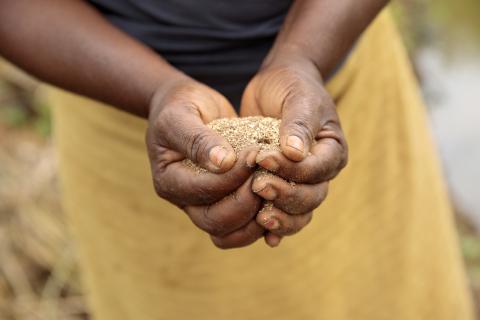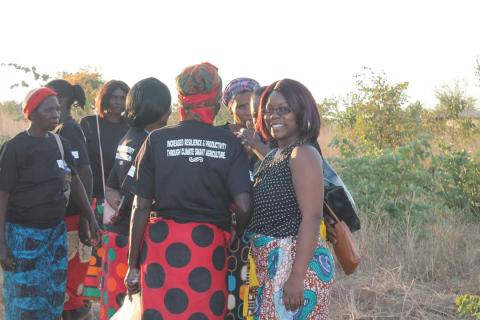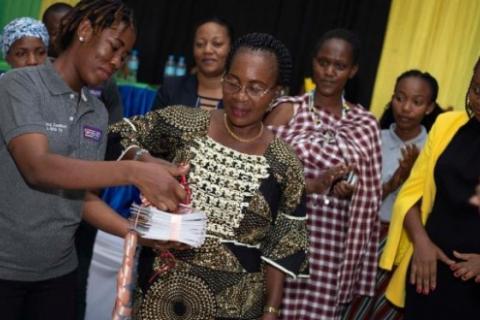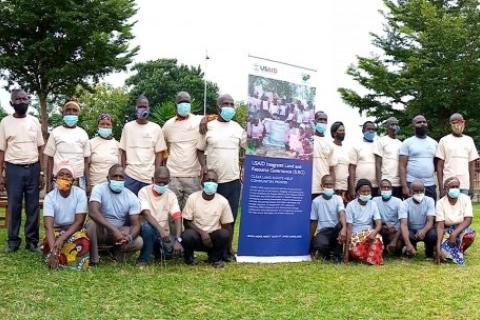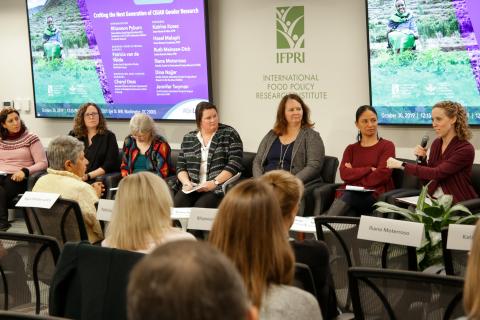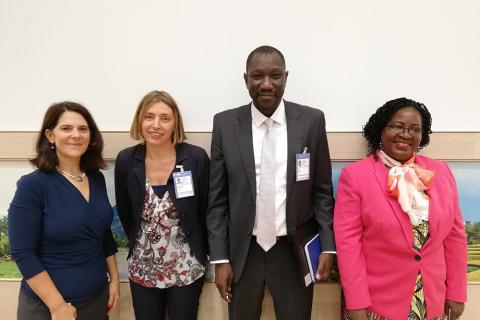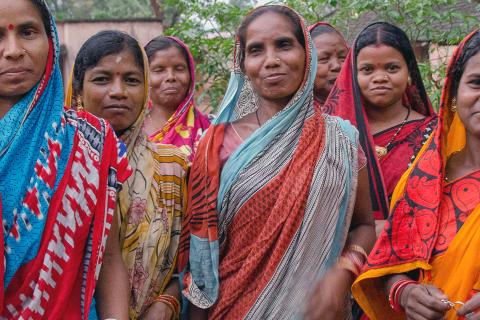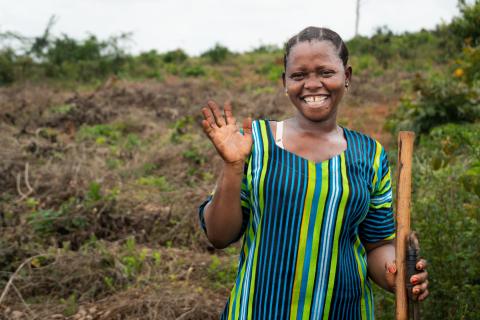Monitoring the gender transformative impact of land programs
For land governance interventions to be equitable and sustainable, the role of women must be actively brought to the forefront. But, how do you do this? How do you measure this? These are questions posed within the LAND-at-scale program.

